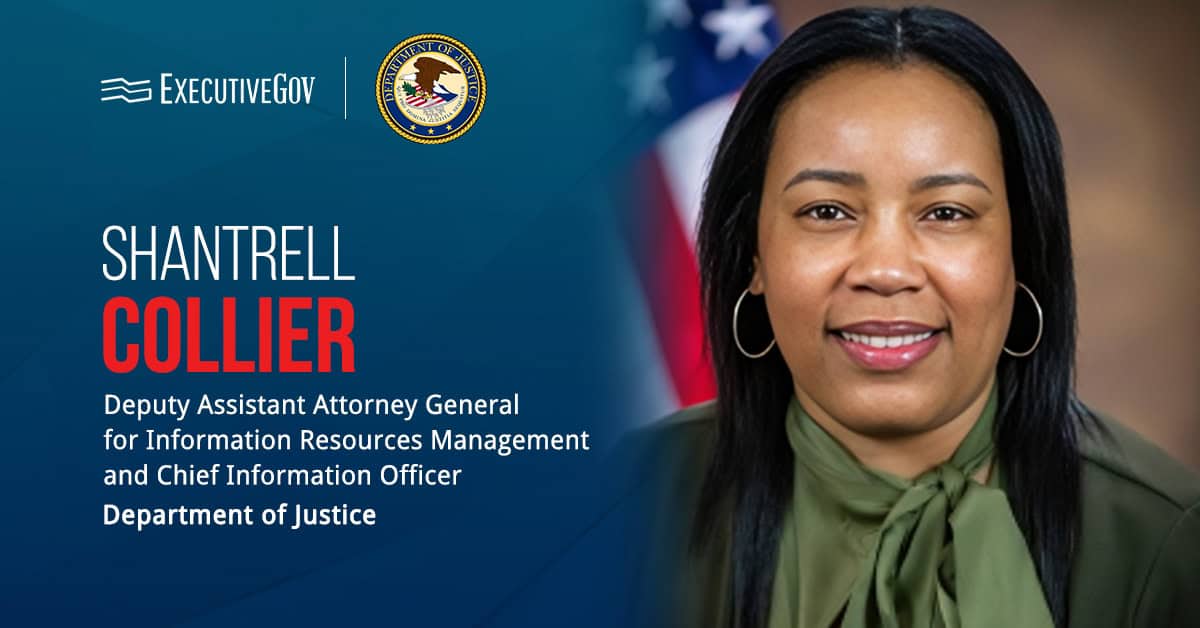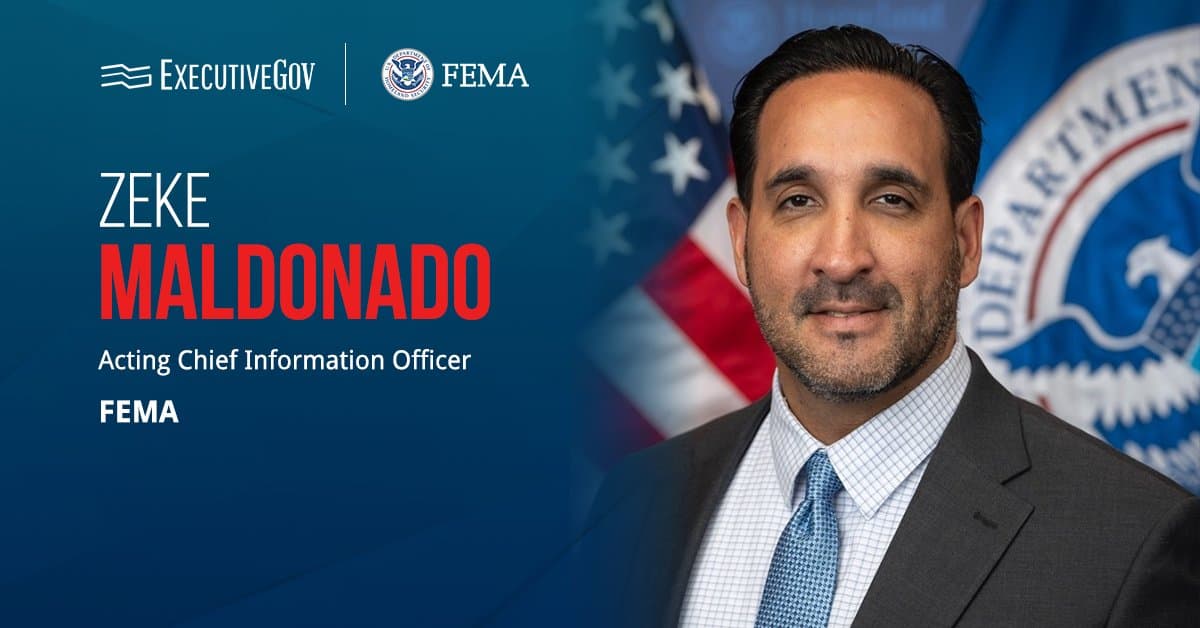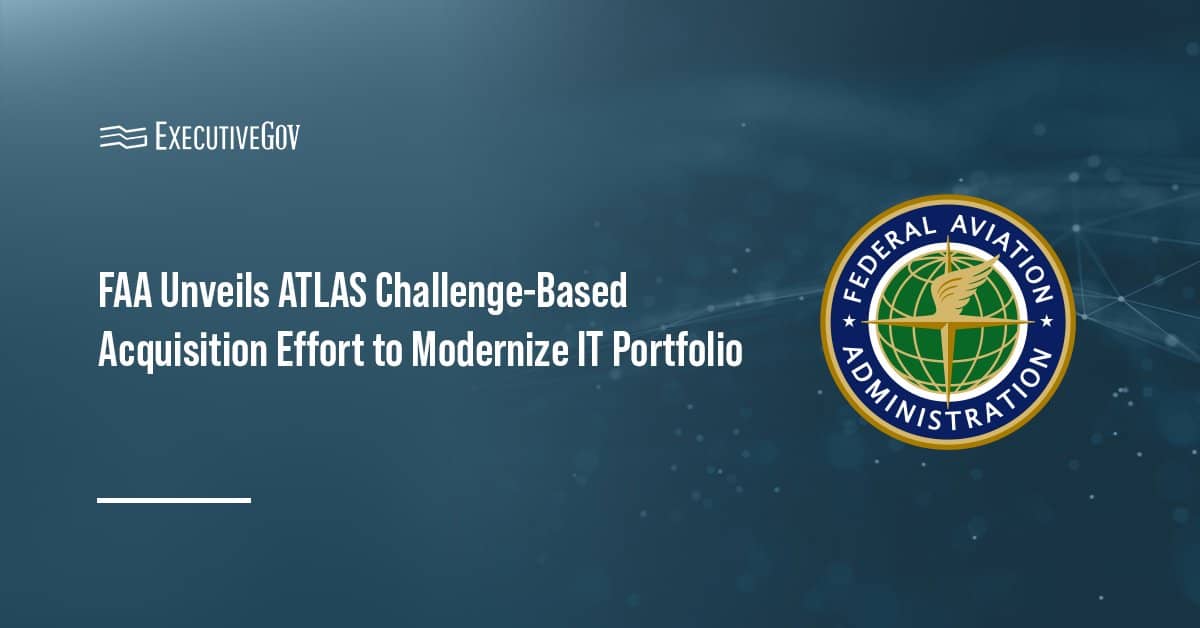
Bryan Ware, the Cybersecurity and Infrastructure Security Agency’s new assistant director for cybersecurity, said he will focus on the modernization of CISA’s infrastructure, Fifth Domain reported Tuesday.
The effort will largely involve updates across the agency’s artificial intelligence technologies and data management tools, Ware said at FedScoop’s Data Cloud Summit.
Ware also noted that CISA must provide more context in cybersecurity indicators to more accurately determine whether a cyber activity is malicious. This approach aims to address the rise of false positives in the agency’s data.
“We see trends increasingly where more and more visibility is required sooner,” Ware said.
The assistant director also noted an effort to improve the agency’s information sharing amid challenges in privacy and secrecy.





